The Dragon spacecraft successfully landed in the waters off Jacksonville, Florida, USA, at 11:17 a.m. on September 4 (Hanoi time).
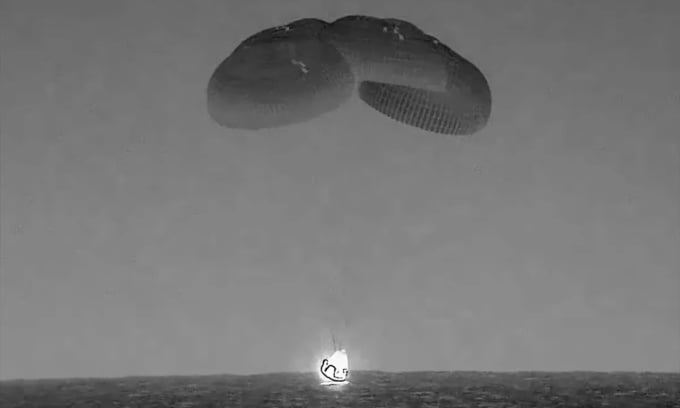
Infrared image of SpaceX's Dragon spacecraft landing in the Atlantic Ocean on September 4. Photo: NASA TV
The Dragon spacecraft carrying the Crew-6 crew, including astronauts Stephen Bowen and Warren "Woody" Hoburg (NASA), Sultan AlNeyadi (UAE), Andrey Fedyaev (Russian space agency Roscosmos) landed in the Atlantic Ocean this morning. Of the four, only Bowen has flown in space before. They were originally scheduled to return to Earth from the International Space Station (ISS) yesterday, but bad weather forced the trip to be postponed.
"We did three spacewalks, helped a Cygnus cargo ship dock to the ISS. We also did a lot of maintenance work and hopefully when we leave, the space station will be a little better than when we arrived," Warren said.
The Dragon spacecraft autonomously separated from the ISS at 6:05 p.m. on September 3. With this return, the Crew-6 crew ended a 186-day space mission. SpaceX recovery ships were positioned near the landing site and quickly helped lift the spacecraft and crew out of the water.
This is not only AlNeyadi's first spaceflight, but also the first long-term spaceflight by an Emirati. AlNeyadi is the second Emirati astronaut to fly into space after Hazza AlMansoori, who made a brief, week-long flight to the space station in 2019.
Meanwhile, Fedyaev is the first Russian in history to intentionally land on water during a return trip from space. His participation on the SpaceX capsule is part of a seat exchange agreement between NASA and Roscosmos.
After Crew-6 returns to Earth, the station will have seven astronauts remaining: Frank Rubio and Jasmin Moghbeli (NASA), Andreas Mogensen (European Space Agency ESA), Satoshi Furukawa (Japan Aerospace Exploration Agency JAXA), Sergey Prokopyev, Dmitry Petelin and Konstantin Borisov (Roscosmos). The Russian Soyuz MS-23 spacecraft is scheduled to leave the station at the end of September, bringing Prokopyev, Petelin and Rubio back to Earth. When the mission is completed, Rubio will set a new American record for the longest space mission of 371 days.
Thu Thao (According to Space )
Source link


![[Photo] Overcoming all difficulties, speeding up construction progress of Hoa Binh Hydropower Plant Expansion Project](https://vstatic.vietnam.vn/vietnam/resource/IMAGE/2025/4/12/bff04b551e98484c84d74c8faa3526e0)

![[Photo] Closing of the 11th Conference of the 13th Central Committee of the Communist Party of Vietnam](https://vstatic.vietnam.vn/vietnam/resource/IMAGE/2025/4/12/114b57fe6e9b4814a5ddfacf6dfe5b7f)



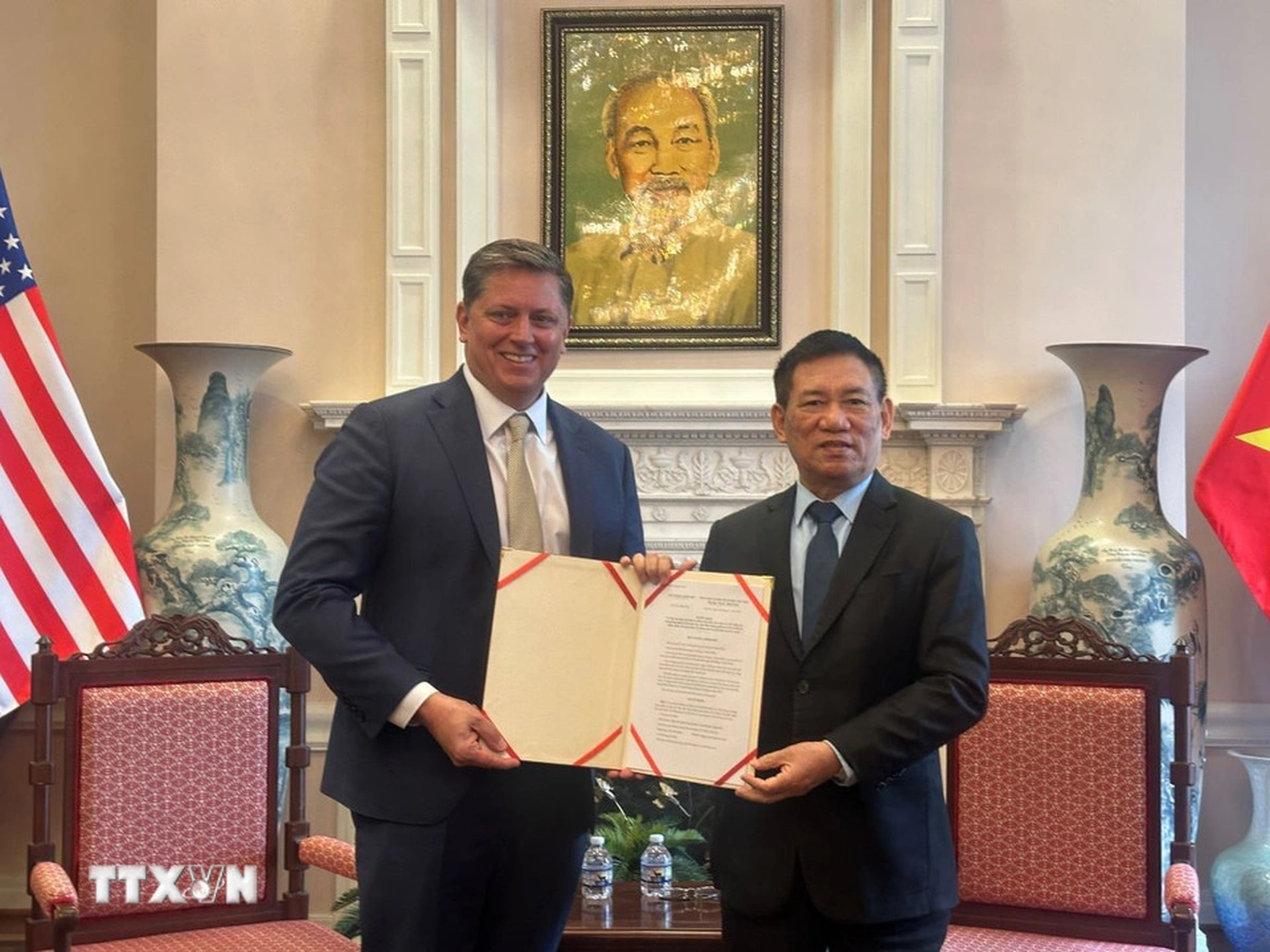

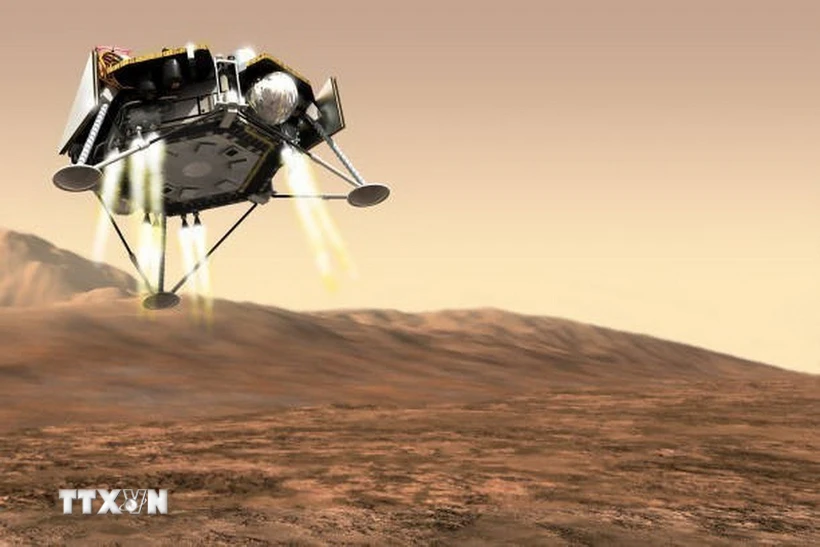

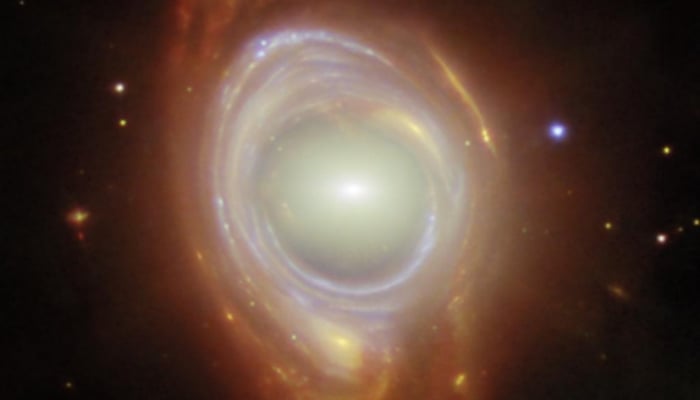

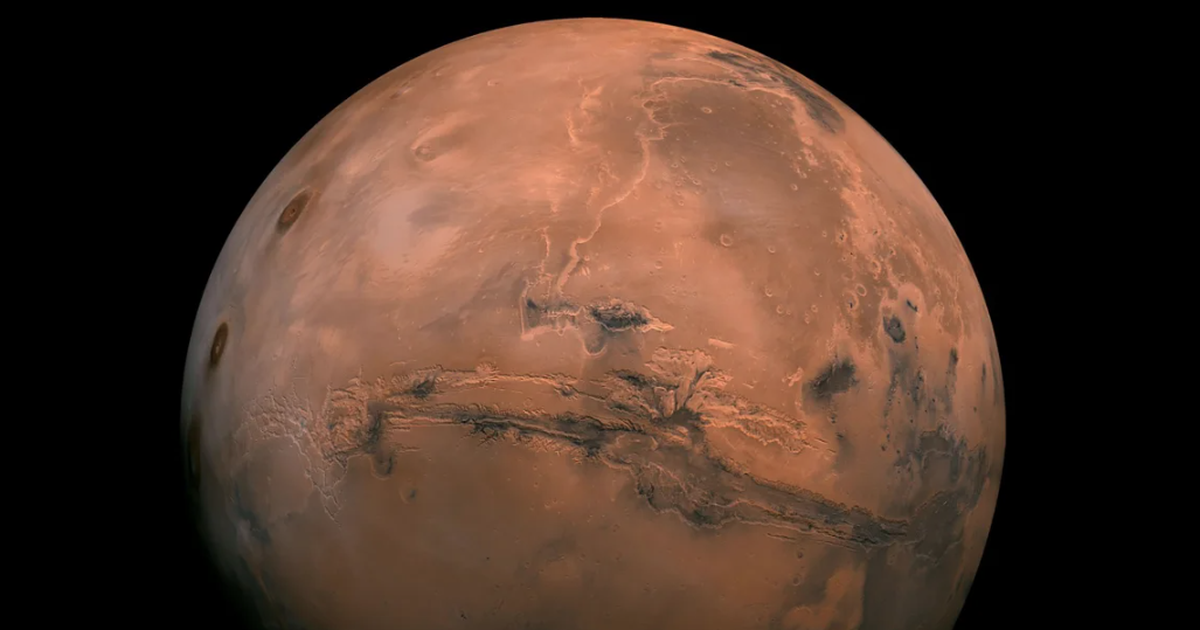

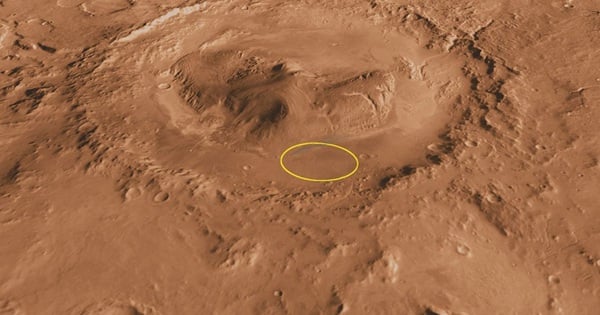































































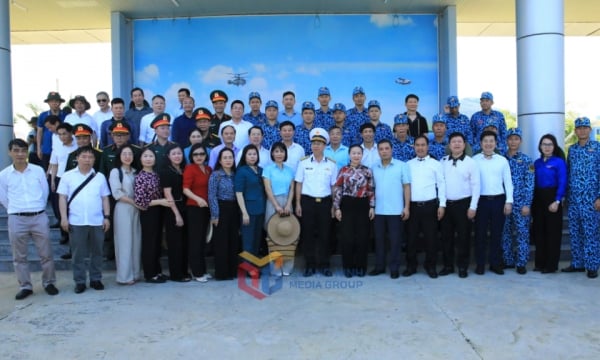













Comment (0)